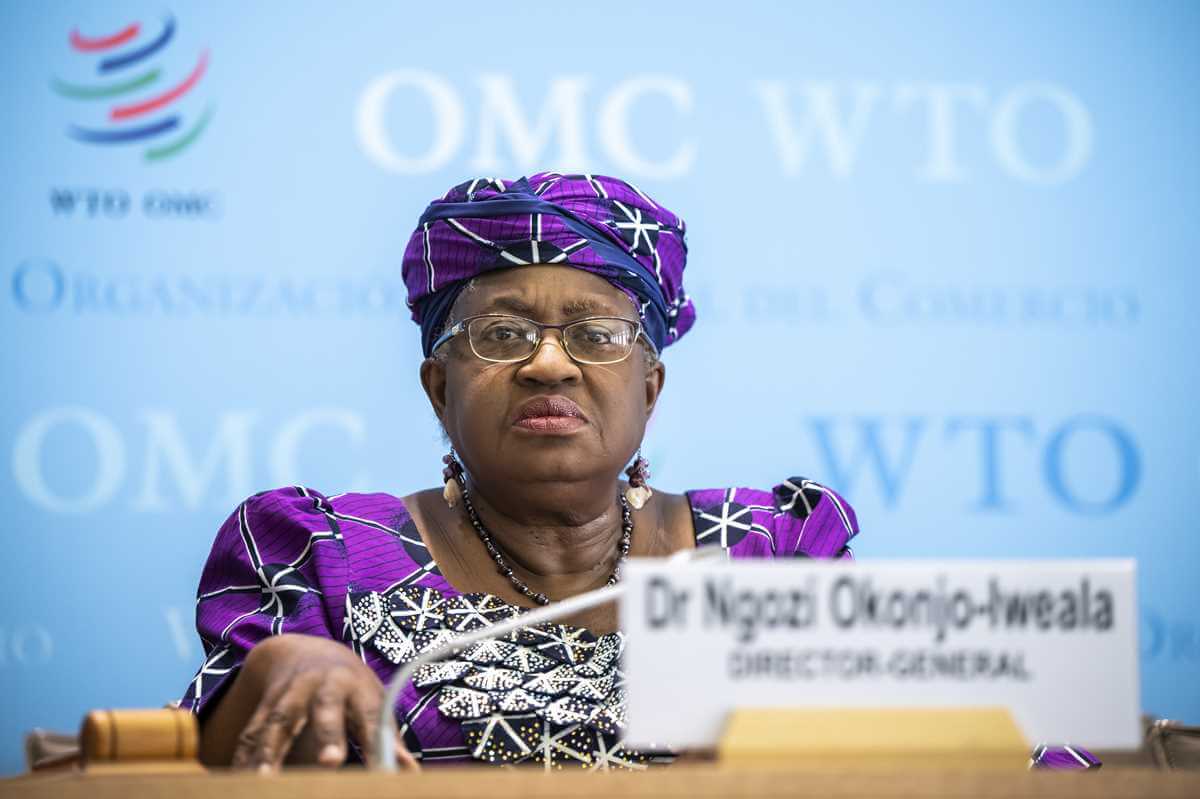The region of East Africa is losing potential business from external investors due to a lack of data for proper investment analysis.
The management consulting company Deloitte revealed in its macroeconomic outlook publication that sectors such as energy, fast-moving consumer goods, and financial services, are where foreign investors are more focused, as they lack confidence in the profitability of indigenous SMEs in East Africa.

The concern private equity, venture capital funds, and development finance institutions (DFIs), share, is having to overpay for assets in local businesses. Proper valuation without credible pools of data to pull from is unnerving foreign investors, looking to penetrate the region.
“Most investors looking to deploy capital in the East African region have (also) expressed concerns about the quality of assets, the reasonableness of their valuation asking prices, and the fairness of market pricing,” Deloitte noted.
The consultancy firm also detailed some factors costing the East African region, billions in potential investment funds.
“Key challenges experienced in due diligence comprise tight deadlines, inadequacy in the skills in the finance function, and low quality of financial information. Inadequate due diligence presents the risk of mis-assessment of the going concern of the target, resulting in an uninformed merger or acquisition.” Deloitte said.
Currently, Kenya, which has become an economic hub in Africa, guzzling up most of the external financial investments in the region.
Of the 91 corporate deals recorded in the region this year, Kenya has 68, roughly 3-quarters. This survey was done by the advisory firm I&M Burbidge Capital. According to data from the survey, Uganda has 15, Tanzania has 5, and Rwanda has 3.
Of the 91 deals, 39 are venture capital investments, 31 are private equity and Development Finance Institution (DFI) investments, and 15 are merger and acquisition deals.
The sector most sought after in these deals is ICT and telecommunications, which have 33 deals this year. Behind it is financial services at 18. Logistics, healthcare, and energy have six deals each, while manufacturing and agribusiness have 5.
SOURCE: BUSINESS INSIDER







